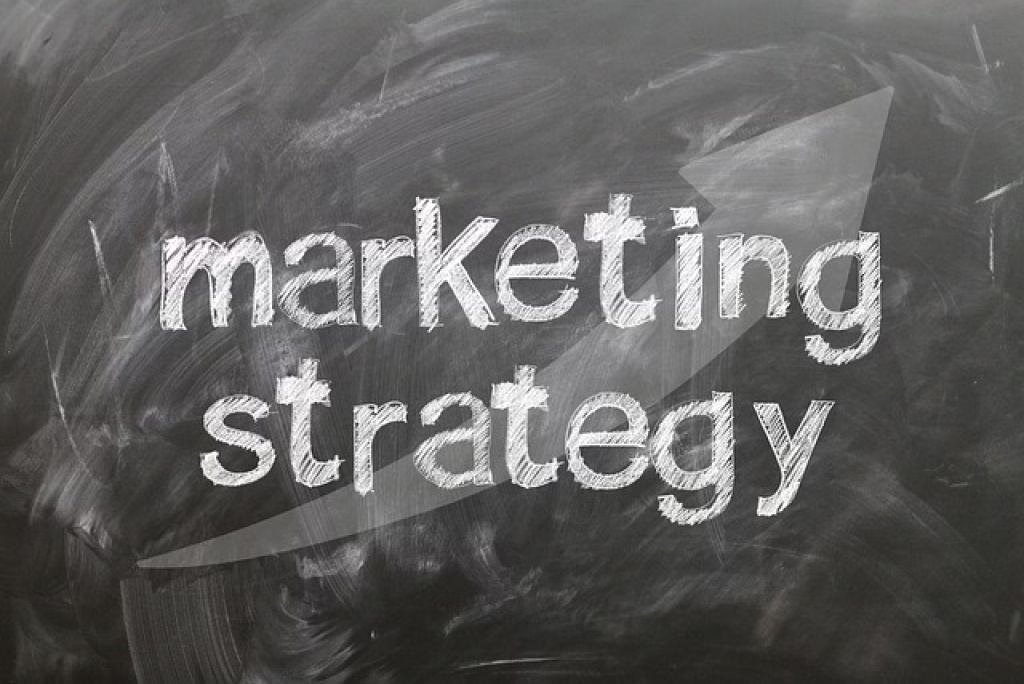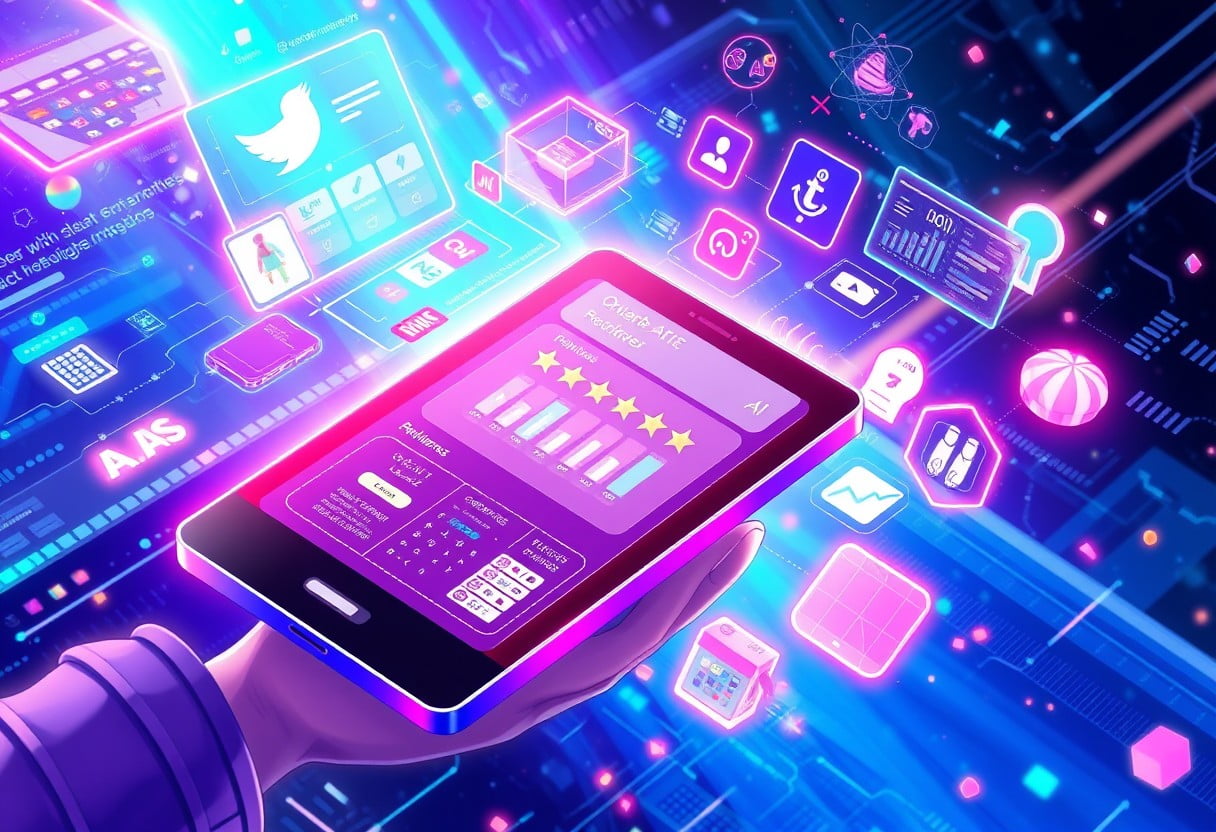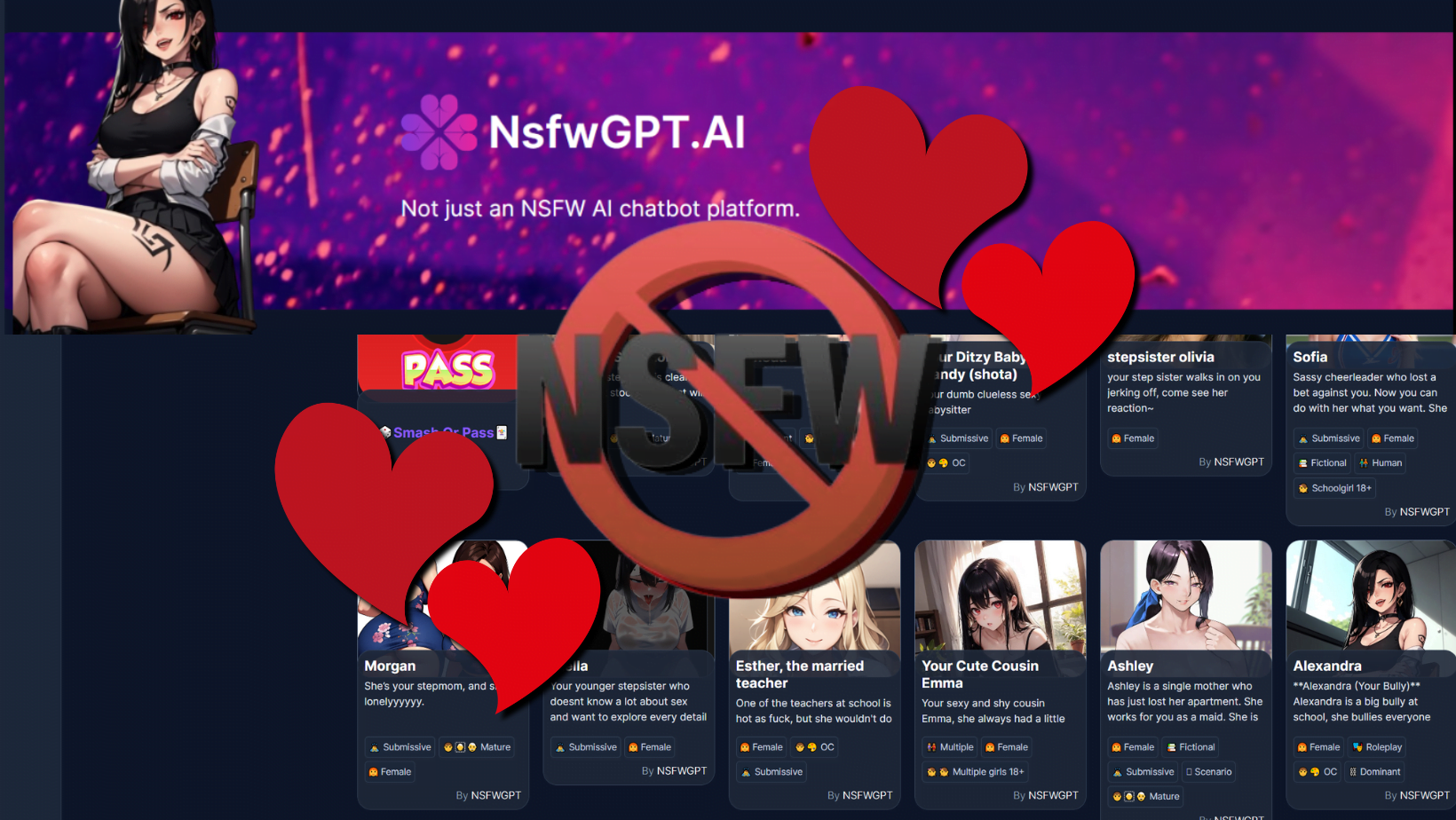Artificial intelligence (AI) has revolutionized the way companies approach their advertising strategies. By leveraging the power of AI, brands are able to target their audience more effectively, personalize their campaigns, and optimize their marketing efforts like never before. Over the years, we have witnessed some remarkable AI advertising campaigns that have set new standards in the industry. Let’s dive into the 10 best AI advertising campaigns of all time.
1. Coca-Cola’s AI-Powered Vending Machines
Coca-Cola took personalization to the next level with its AI-powered vending machines. These machines used AI algorithms to recommend unique drink combinations based on the customer’s preferences and the weather. By analyzing data in real-time, Coca-Cola was able to create a truly personalized experience for each customer, driving up sales and customer satisfaction.
2. Amazon’s Recommendation Engine
Amazon’s recommendation engine is a prime example of how AI can be used to enhance the customer experience. By analyzing the user’s browsing and purchase history, as well as similar users’ behavior, Amazon’s AI algorithm suggests products that are highly likely to be of interest to the customer. This personalized approach has significantly boosted Amazon’s sales and customer retention rates.
3. Spotify’s Discover Weekly Playlist
Spotify’s AI-driven playlist curation feature, Discover Weekly, has been a game-changer in the music streaming industry. By analyzing the listener’s music preferences, listening habits, and similar users’ choices, Spotify curates a personalized playlist every week. This innovative use of AI has not only improved user engagement but also strengthened Spotify’s position as a leader in the music streaming market.
4. Nike’s AI-Powered Microtargeting
Nike used AI technology to implement microtargeting in its advertising campaigns, reaching out to individual customers with highly personalized messages and offers. By analyzing customer data and behavior patterns, Nike was able to tailor its marketing messages to resonate with each customer on a personal level, resulting in increased brand loyalty and sales.
5. Netflix’s Dynamic Content
Netflix leverages AI to deliver personalized recommendations and dynamic content to its users. By analyzing viewing history, genre preferences, and engagement metrics, Netflix’s AI algorithm suggests movies and TV shows that are tailored to each user’s taste. This AI-driven approach has proven to be highly effective in keeping users engaged and satisfied with the platform.

6. Starbucks’ AI-Powered Chatbot Barista
Starbucks introduced an AI-powered chatbot barista that allows customers to place orders through messaging apps. By understanding natural language processing and user preferences, the chatbot provides a seamless ordering experience for customers, enhancing convenience and improving customer satisfaction levels.
7. Hilton’s AI Concierge
Hilton’s AI concierge service uses AI technology to provide personalized recommendations and assistance to hotel guests. By analyzing guest preferences, past interactions, and booking history, the AI concierge offers tailored suggestions for dining, activities, and local attractions, enhancing the overall guest experience and loyalty to the Hilton brand.
8. Sephora’s Virtual Artist
Sephora’s Virtual Artist uses AI and augmented reality technology to allow customers to try on different makeup products virtually. By analyzing facial features and skin tones, the Virtual Artist recommends personalized makeup products and provides a realistic virtual try-on experience, revolutionizing the way customers shop for cosmetics.
9. Toyota’s AI-Powered Ads
Toyota utilized AI technology to create personalized ads that targeted individual viewers based on their demographics, interests, and online behavior. By tailoring the ad content to each viewer, Toyota was able to increase ad engagement and conversion rates, demonstrating the power of AI in advertising personalization.
10. McDonald’s Dynamic Menu
McDonald’s implemented AI technology to create dynamic menus that adjust based on factors such as weather, time of day, and customer traffic. By analyzing real-time data and customer preferences, McDonald’s AI-powered dynamic menu showcases items that are most likely to appeal to customers, optimizing sales and enhancing the overall dining experience.
The Bottom Line
In conclusion, these 10 AI advertising campaigns have raised the bar in the industry by showcasing the immense potential of AI in revolutionizing marketing and advertising strategies. By personalizing the customer experience, optimizing campaigns, and delivering targeted messages, these brands have successfully harnessed the power of AI to drive engagement, loyalty, and sales. As technology continues to evolve, we can expect even more innovative and impactful AI advertising campaigns in the future.















